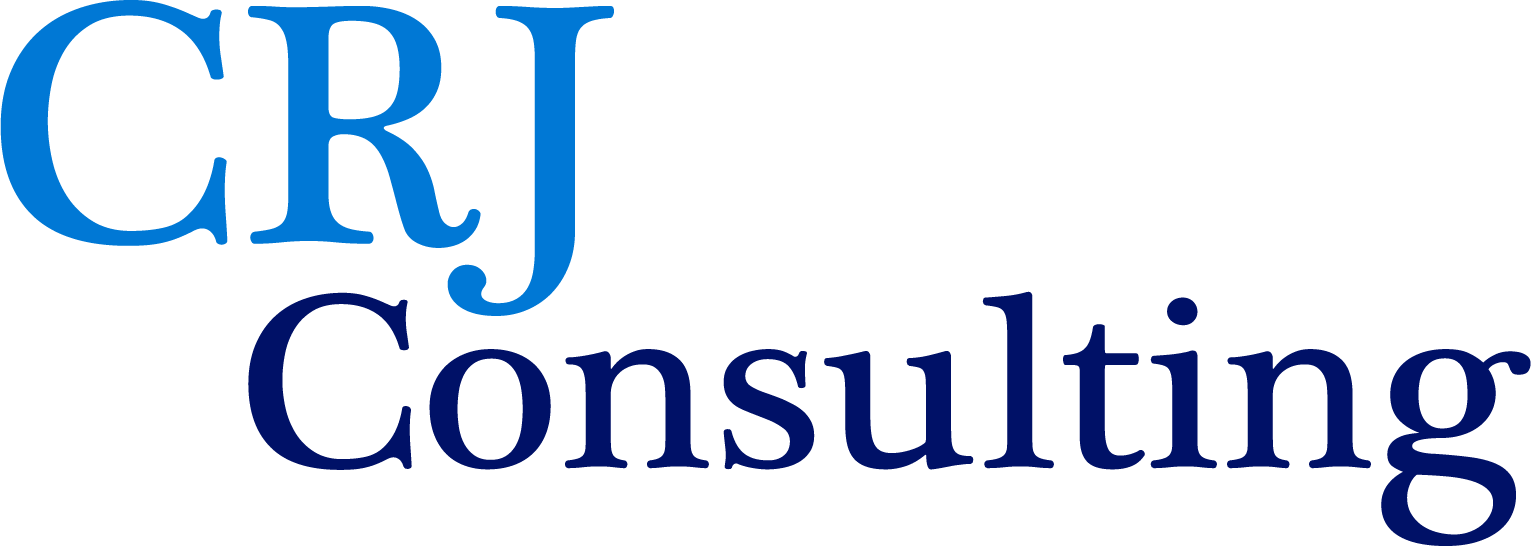Partner Dynamics.
Periodically reviewing partner agreements, compensation, succession planning, and other best practices are fundamental to firm success. CRJ consultants frequently address partner dynamics when working with CPA firms.
50
CONSULTING CLIENTS
SINCE 2016
25
NEGOTIATED &
COMPLETED MERGERS
20
YEARS MATCHING CPA
FIRM BUYERS & SELLERS
PARTNER DYNAMICS
FEATURES
Managing Partner Coaching
Serve as an unbiased and experienced sounding board.
Equity and/or Contract Partners
Most firms now have a mix of contract and equity partners. Be clear with new partners on expectations to move beyond contract status.
Partner Agreements
Should include deferred compensation, non-compete clauses, partner capital rules and partner compensation guidelines.
Partner Evaluation
Measure actual results versus preset goals.
Partner Compensation
Usually based on client runs, realization, new business, cross-selling, technical skills, staff mentoring, and success in special firm roles such as staff recruitment and firm initiatives.
Deferred Compensation
Usually 2 ½ to 3 times average partner compensation paid after retirement.
Partner Role in Coaching/Mentoring Employees
Need to offer employees upward mobility and support their professional growth to build future leaders.
Partner/Leadership Transitions
Successfully build future leaders and plan ahead with term limits and voting rules.
Ideal Retirement Age
Have a plan that fits your firm and your marketplace.
Addressing/Resolving Partner Disputes
Unresolved partner issues create an uncomfortable environment for everyone in the firm and create non-billable downtime for your partner group.
"Challenged us to make each partner accountable"
- Client
- Client




